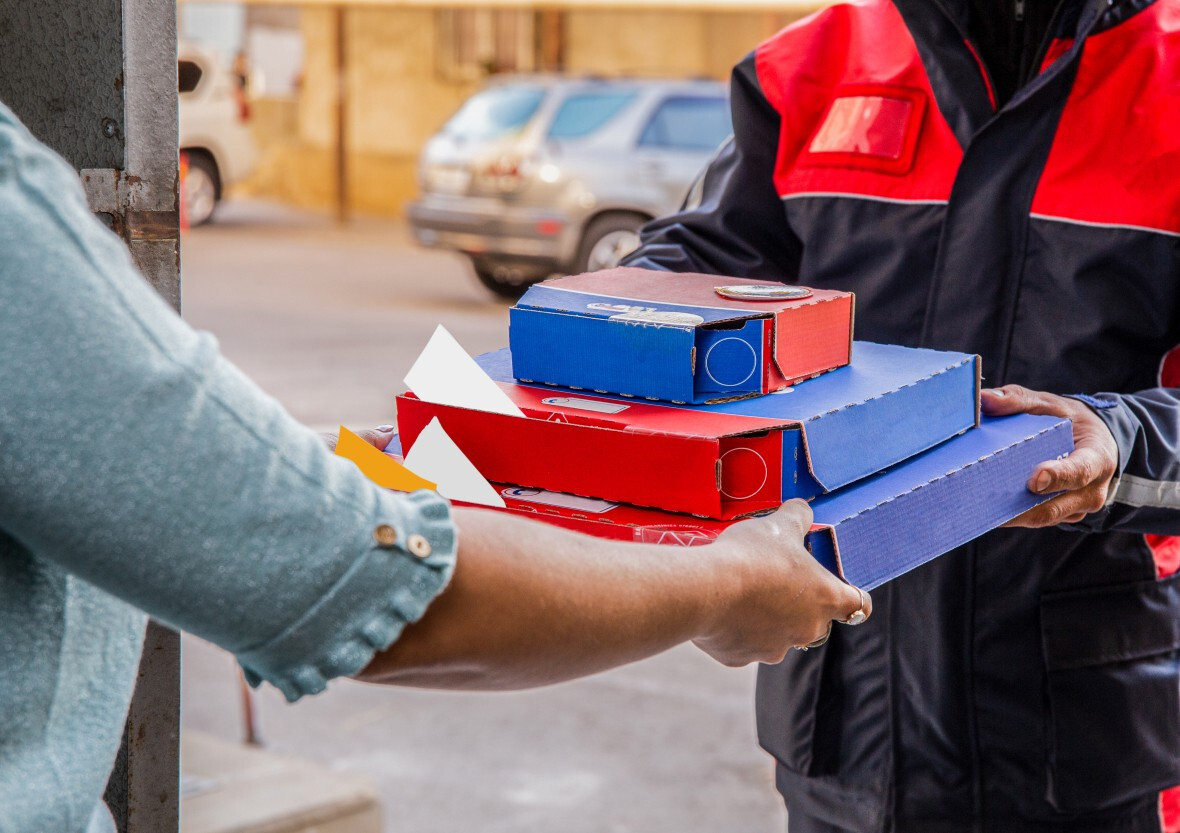KHN Insurances speaks with hotel and catering entrepreneurs on a daily basis and notices that they often have the following questions regarding the inspection of an electrical installation: who is responsible, how often should I have this inspection performed, what type of inspection is necessary, by whom should I have this inspection performed and what steps should I take after receiving the inspection report. In the article below, KHN Verzekeringen is happy to answer these questions and provide additional tips and advice.
Why an electrical installation inspection?
Most insurance policies contain a clause stating that you must have the electrical installation in your catering business inspected at least every five years. If you do suffer (fire) damage without having had an inspection carried out (on time), this could mean that the insurance company will not pay the damage to you. The Occupational Health and Safety Act also obliges hospitality and catering entrepreneurs to provide a safe working environment for their employees. This means that the Occupational Health and Safety Act also states that you must have the electrical installation in your catering establishment inspected.
Who is responsible for inspecting the electrical system?
Many hospitality entrepreneurs who rent premises think that the landlord is responsible for this inspection. We see that this often results in a misunderstanding between the landlord and the entrepreneur, so that in some cases no inspection is carried out. For the insurer, it does not matter who had the inspection performed. In case of (fire) damage, you must be in possession of a valid inspection report and be able to show the repair declaration.
How can you get this right with your landlord?
In the event of a fire damage, you do not want to be dependent on a landlord, assuming that everything is well taken care of. Therefore, it is important to have a conversation with your landlord, where you can propose to share the cost of such an inspection together. After all, both parties benefit from a fire-safe environment.
May any installer perform the inspection for electrical installation?
Not just any installer is allowed to perform an inspection. It is important that you have this inspection performed by a specialized company. KHN Insurances works a lot with, among others: Synorga, Arepa Inspexx and Parkstad Inspections.
What is the cost of an inspection?
Contact the inspection company for a custom quote. As an indication: an inspection of the electrical installation (based on 250m2 catering area and 2 distribution boxes) costs approximately € 550, -.
What steps should you take?
You've had the inspection done and received the inspection report. Often, you're not there yet. The report contains repair points, which need to be fixed. These repair points can be fixed by any installer, preferably a Sterkin installer. You can also discuss this with the landlord to see who will pay for what. Consider points that need to be repaired with a specific user function, such as a combi steamer. While other repair points are a permanent part of the property, such as a meter cupboard.
What is a recovery statement?
If all repair items have been fixed, then the respective installer will need to complete a repair certificate. Once we receive a copy of the inspection certificate, the file is complete.
New type of inspection: NTA8220 inspection
Insurers are increasingly requesting an NTA8220 inspection (also known as Scope 10). Previously, an NEN3140 inspection was requested. What is the difference? An NTA8220 inspection focuses more on fire safety. If you currently have an approved NEN3140 inspection, this inspection is valid until it expires. Note: after this period, the insurer will require an NTA8220 inspection.





